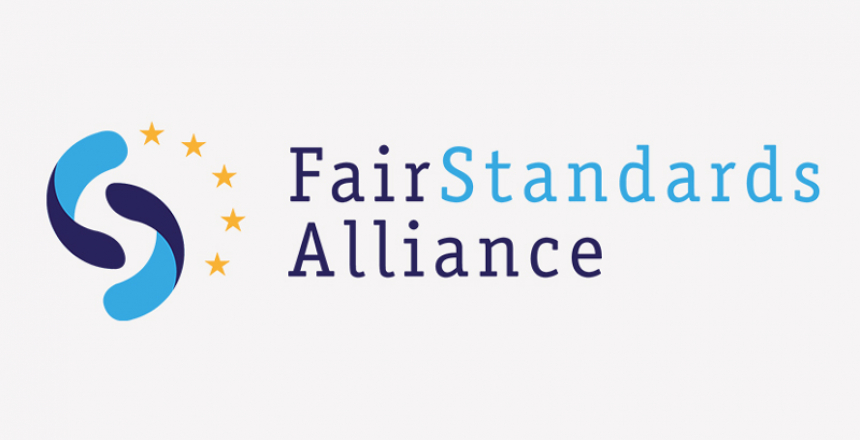20 March 2023, Brussels – Fair Standards Alliance (FSA) notes with interest the decision from the English High Court in InterDigtal v. Lenovo [2023 EWHC 539 (Pat)], which confirms, in unequivocal terms, that patent hold up continues to be an issue for companies trying to license standard essential patents (SEPs) on “fair, reasonable, and non-discriminatory” (FRAND) terms.
The court found that the plaintiff did not act as a willing licensor, “by consistently seeking supra- FRAND rates”. The judgement underlines the importance of transparency in licensing negotiations. The judge found that the plaintiff had refused in negotiations to share important information that would have allowed the defendant to assess whether their offer was FRAND: “It is not FRAND nor is a licensor acting as a willing licensor if it refuses to provide the information necessary for a willing licensee to evaluate an offer which has been made”. He was also critical of the practice of applying volume discounts to ‘shore-up’ program rates, the effect of which is to discriminate against smaller licensees. Finally, the judgement highlights that willingness should only be assessed once a FRAND rate is offered.
The judge underlined that SEP holders should not base their prices on the price of end-devices because this will inevitably lead to discrimination. “When a mobile phone, tablet or computer uses 3G, 4G or 5G technology covered by SEPs, the royalties payable should not depend on the price of the phone (or tablet or computer), which reflects many other features (e.g. screen size, processor power and other features) which are unrelated to the licensed technology even if dependent on it, as well as the status of the brand of phone or tablet […]. Accordingly, in terms of SEP licensing, each unit should be viewed as a functional unit, functioning using the relevant generation(s) of the technology.”
“We will continue to review the decision, but this is a significant milestone that signals again the importance for SEP holders to abide by their voluntary commitment and license their SEPs to all companies that want a license on fair and reasonable and non-discriminatory (FRAND) terms whatever the size of the licensee,” said Ief Daems, FSA Chair.
This decision underlines the need for governments to place guardrails around SEP licensing practices. Not all companies have the resources to litigate cases, and will be required to accept offered terms, in particular under the threat of an injunction.
—
About the FSA
The FSA is an alliance of 46 European and global companies, large and small, that advocates fairer licensing of standardised technology in the development and rollout of the IoT. FSA members significantly contribute to global innovation and the global economy. Annually, the aggregate turnover of FSA members is more than EUR 2.4 trillion, and in aggregate our members spend more than EUR 180 billion on R&D and innovation. Alliance members directly employ more than 2.5 million people within Europe alone, and have more than 600,000 patents, including SEPs, that are either granted or pending.
For further information, see http://www.fair-standards.org/


